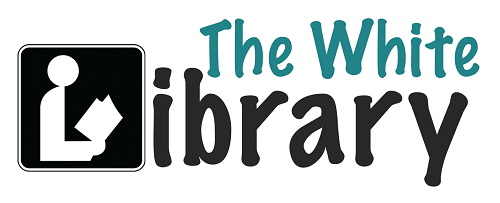
Learning to code is an intimidating process, especially for beginners who have no prior programming experience. However, a new startup called Project Dojo is aiming to make coding more accessible and engaging for new learners through the power of virtual reality. Project Dojo has developed an innovative VR-based learning platform that fully immerses new coders in the programming environment to make picking up coding skills intuitive and enjoyable.
Project Dojo was founded in 2021 by a team of educators, engineers, and VR experts who wanted to revolutionize the way coding is taught. They believed that existing coding education platforms and curriculums relied too much on passive learning and lacked immersive, interactive experiences that could excite and engage new coders. To address this need, the Project Dojo team built a customized VR learning system from the ground up designed specifically for teaching entry-level coding skills.
The in depth look at Project Dojo VR learning system consists of a lightweight VR headset and propriety software. Within the VR environment, learners interact with digital objects, 3D visualizations, and simulations that represent real coding concepts and languages like Python, Javascript, and CSS. By using natural hand gestures and movements in VR, new coders “reach out” and intuitively manipulate code. This immersive approach helps them grasp fundamental programming logic and structures faster than passive lectures or screen-based tutorials.
Key features of the dojo vr learning experience
One of the standout features that makes Project Dojo’s VR-based learning system so innovative for new coders is that it enables them to view and interact with their code in a full 3D space instead of just words on a 2D screen. Code comes alive in the Dojo VR environment as colorful 3D visualizations that users move, expand, and explore from all angles, helping reinforce what different code components do.
Dojo VR also utilizes gamification and quest-based lessons to motivate learners and make picking up programming skills fun rather than intimidating. Users complete immersive coding “missions” and challenges tailored to their skill level where they earn experience points, collect power-ups, and unlock new levels. It makes the coding learning curve feel like an exciting game rather than a dry lesson. Additionally, Dojo VR provides community features that enable new coders to connect and collaborate in real time within the virtual environment. Users work on coding challenges together, ask questions via voice chat, and showcase their work through virtual code galleries where others provide feedback. This social element helps new programmers feel less isolated and builds confidence.
Benefits for new coders
For new coders who have no prior experience with programming languages, Project Dojo’s immersive VR platform provides many advantages compared to traditional screen-based learning:
- Interactive 3D visualizations make coding concepts more intuitive and concrete
- Gamified, quest-based lessons make learning to code fun and engaging
- Social collaboration features provide support and motivation
- Hand-based gestures allow for natural coding experimentation
- VR headset provides a distraction-free solo learning environment
By leveraging the educational power of an immersive VR experience tailored specifically for novice coders, Project Dojo aims to make programming feel accessible and enjoyable for learners of all backgrounds. The startup hopes that Dojo VR will inspire a new generation of coders by showing that programming is just as exciting as the virtual worlds it creates.
